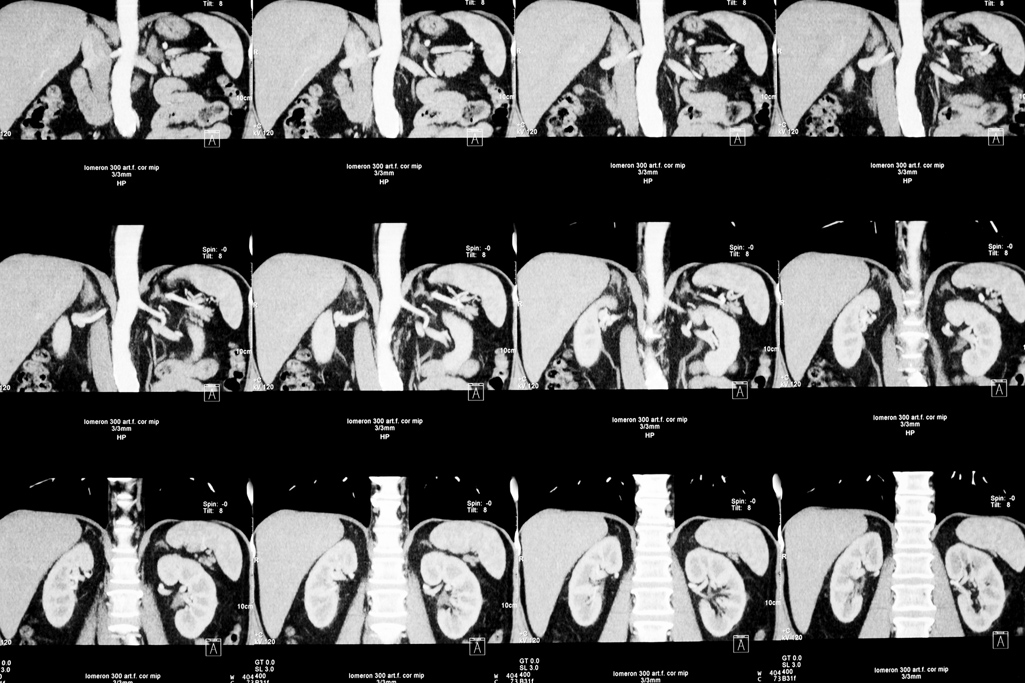Lives may be saved if hospitals better predicted sudden downturns in a patient’s health, and were able to see looming organ damage. Google’s London-based A.I. unit says it’s found a way to crunch vital signs and blood test results from thousands of patients to pinpoint potential declines and foresee the onset of a deadly kidney injury, according to Nature.
Google’s DeepMind created a machine-learning program that continuously monitored patients’ medical data, then used it to calculate likely onset of acute kidney injury. That disorder hits one in five patients in U.S. hospitals, contributing to almost 300,000 deaths annually. Using data from hundreds of thousands of patients at Veterans Affairs hospitals, DeepMind developed an algorithm that predicted 56% of cases up to 48 hours before they occurred.
If diagnosed early enough, acute kidney injury can be treated and reversed, a separate Nature article reported. The predictions were “pretty impressive,” Dr. Joe Bonventre, chief of the division of renal medicine at Brigham and Women’s Hospital in Boston, told Stat News.
- The algorithm will likely be integrated into DeepMind’s Streams app, which is aimed at use by doctors and nurses. The Streams app helps doctors at London’s Royal Free Hospital to identify patients at risk of developing acute kidney injury.
- The “deep-learning” tool analyzed around 6 billion data points to develop its organ-failure predicting algorithm.
- Among the study’s caveats were that 94% of patients tested were men and there were many false positives, which means it’s unclear how the information can be used in real-life settings.
- Karma Takeaway: The move to a constant assessment of a patient’s health would present a change and an opportunity from the current system of one-off tests, with the result being many more lives saved, since 11% of hospital deaths result from missing the signs of deterioration in a patient.






















